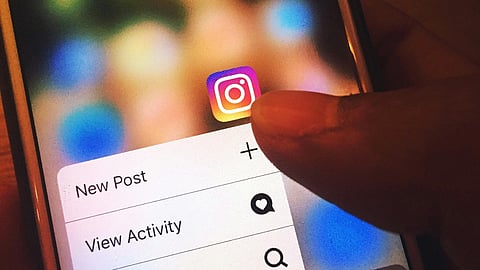
- LIFESTYLE
- FASHION
- FOOD
- ENTERTAINMENT
- EVENTS
- CULTURE
- VIDEOS
- WEB STORIES
- GALLERIES
- GADGETS
- CAR & BIKE
- SOCIETY
- TRAVEL
- NORTH EAST
- INDULGE CONNECT

In a massive deep dive into digital behaviour, researchers from Stanford University, in collaboration with the National Bureau of Economic Research, set out to explore how ditching social media affects your mood. And no, this wasn’t a pop-psychology poll. It was one of the largest randomised controlled trials on the subject — and it paid real people real money to hit the deactivate button.
The study, titled “The Effect of Deactivating Facebook and Instagram on Users’ Emotional State”, ran just before the 2020 U.S. presidential elections — arguably one of the most politically charged periods online. Participants were asked to deactivate either Facebook or Instagram for six weeks. The result? A modest but noticeable lift in mood, especially for users who belong to certain age groups.
On average, quitting Facebook improved users’ emotional wellbeing by 0.060 standard deviations, while Instagram users saw a 0.041 bump — not earth-shattering, but significant enough to rival a fraction of the benefits seen in psychological therapies like CBT or mindfulness. That’s about 15–22% of the impact those practices typically deliver. Interestingly, who quit mattered just as much as what they quit. Adults over 35 gained the most from logging off Facebook. Meanwhile, Instagram’s emotional toll appears highest for young women under 25 — and they reaped the most benefit from unplugging.
But here’s the twist: participants didn’t just stare into the void once they logged off. Many swapped one app for another. Still, the emotional gains held steady, pointing to the unique nature of each platform’s content and culture — not just screen time. With Instagram and Facebook under constant scrutiny for their psychological impact, this study adds serious weight to the “digital detox” conversation. Turns out, taking a break doesn’t just free up your time — it might lighten your emotional load too.
For more updates, join/follow our WhatsApp, Telegram and YouTube channels.